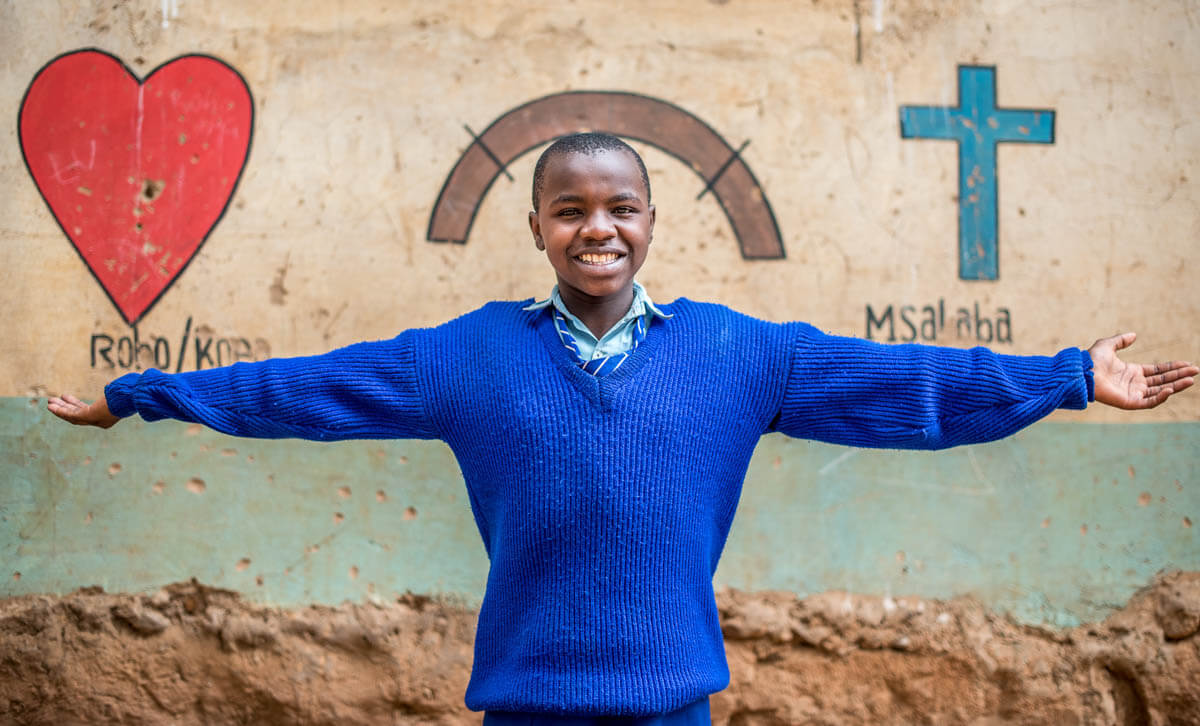
Lk. 16: 19-31
The greatest honour in the world of photography is ‘the Pulitzer Prize.’ Whenever I hear about the Pulitzer Prize, the first image that comes to my mind is the famous photo taken by Kevin Carter in Sudan, titled as ‘the Struggling Girl.’ The photo depicts a little girl famished to the extent of death, too weak to reach the United Nations Supply Center; behind the image of the little girl there waits a vulture, lurking for her corpse… This photo was published in the New York Times on 26 March 1993, which brought Kevin the Pulitzer Prize. He was lauded with an appreciation for this heartbreaking photo that told the entire world about the brutal famine of Sudan; however, the world asked one question to Carter, what happened to that girl?
Today’s gospel passage takes us to the story of Rich man and Lazarus. I think this parable can be contextualized in all the ages. Even after two thousand years, the theme of this parable remains ever relevant and reminds about our co-responsibility in building a just society. In the last few weeks, we have been reflecting about parables of the rich fool, the dishonest manager, etc. Today, we come across yet another example of a rich man. Luke, the evangelist wanted to communicate the true essence of Christianity through all these characters, that is, the mentality of Christ himself – his attitude of sharing his own body and blood. It reminds us that we have a responsibility to share our goodwill and goods for the welfare of our brethren.
Luke does not consider wealth as a curse, it is a blessing. Then why did the rich man ended up in the hell? Riches are blessings from God. (This does not, however, mean that the corollary is true, viz. that poverty is punishment.) However, there is a danger that it can blindfold us from our fellow brethren. It is evident from the parable that the rich man was aware of Lazarus’s misery. How can we be so sure of that? Otherwise, he would not have asked Abraham to send Lazarus to quench his thirst and advice his own brothers. The situation of Lazarus was not mere poverty but it was a misery. The sacred author indicates this factor by mentioning the fact that dogs used to lick the sores of Lazarus. He was an orphan and abandoned at the feet of the rich man. But the riches that he possessed blindfolded him and he remained indifferent towards the struggles of Lazarus.
The second part of the parable tells us that we all need to face the consequences of our merciless deeds. The separation of the rich man from the presence of the Lord is a sign that all of us need to undergo an evaluation of our sojourn. The request of the rich man to send Lazarus to his side and to his home was denied because the rich man received ample opportunities while he was alive and his family members they are not ignorant of the tragic end of their brother because the scripture and prophets revealed this truth. The supreme message of the entire scripture is one’s love for God and his fellow brethren. We need to take responsibility for all our deeds and we can’t bypass that ultimate encounter without being accountable.
As we meditate on this passage we too have no excuses like the rich man because we have Jesus himself the greatest revelation of the father. We need to count our blessings and live in the awareness that whatever we enjoy in our life is a blessing from God. At the end of our sojourn we need to surrender an account of the graces that we have received from God. I am sure that God may not be interested in the deeds that we had done for ourselves when we sought after vainglory. But the deeds that we have done in secret without the notice of others will a great worth for us in eternity. Let us pray for the generosity of heart that our wealth may not limit us to ourselves, we may be able to see poor Lazarus waiting for our compassion and love…
Later on, the New York Times revealed that the girl was saved by the U.N. supply center. But the tragic end of the story is the death of Carter who put an abrupt end of his journey by committing suicide at the age of thirty-three when he was at the top of his fame. I am not intending to label carter as a man with merciless heart; He was a brilliant and courageous photographer who spoke to the world about the realities of Africa’s struggle for life through his photographs. But he could not face the question of his own conscience: ‘What did you do for them’?